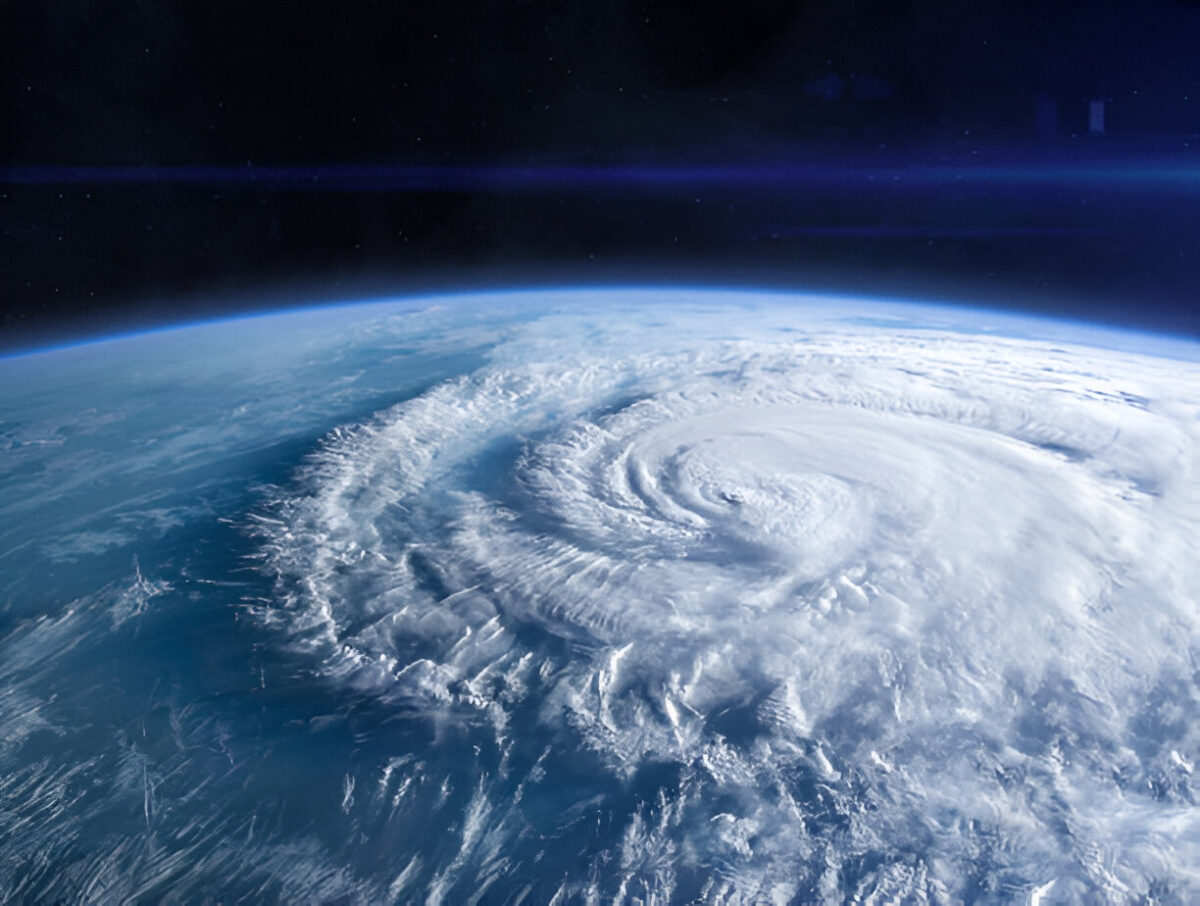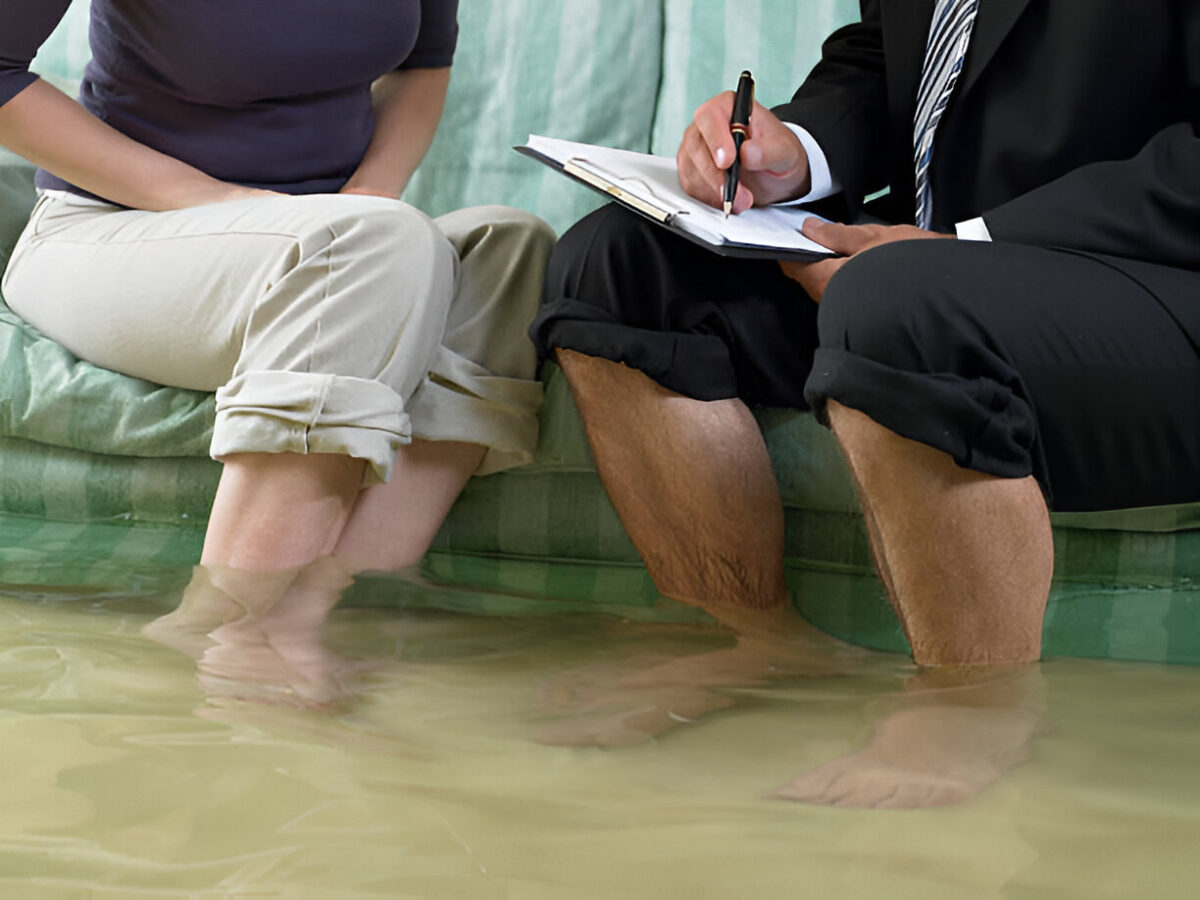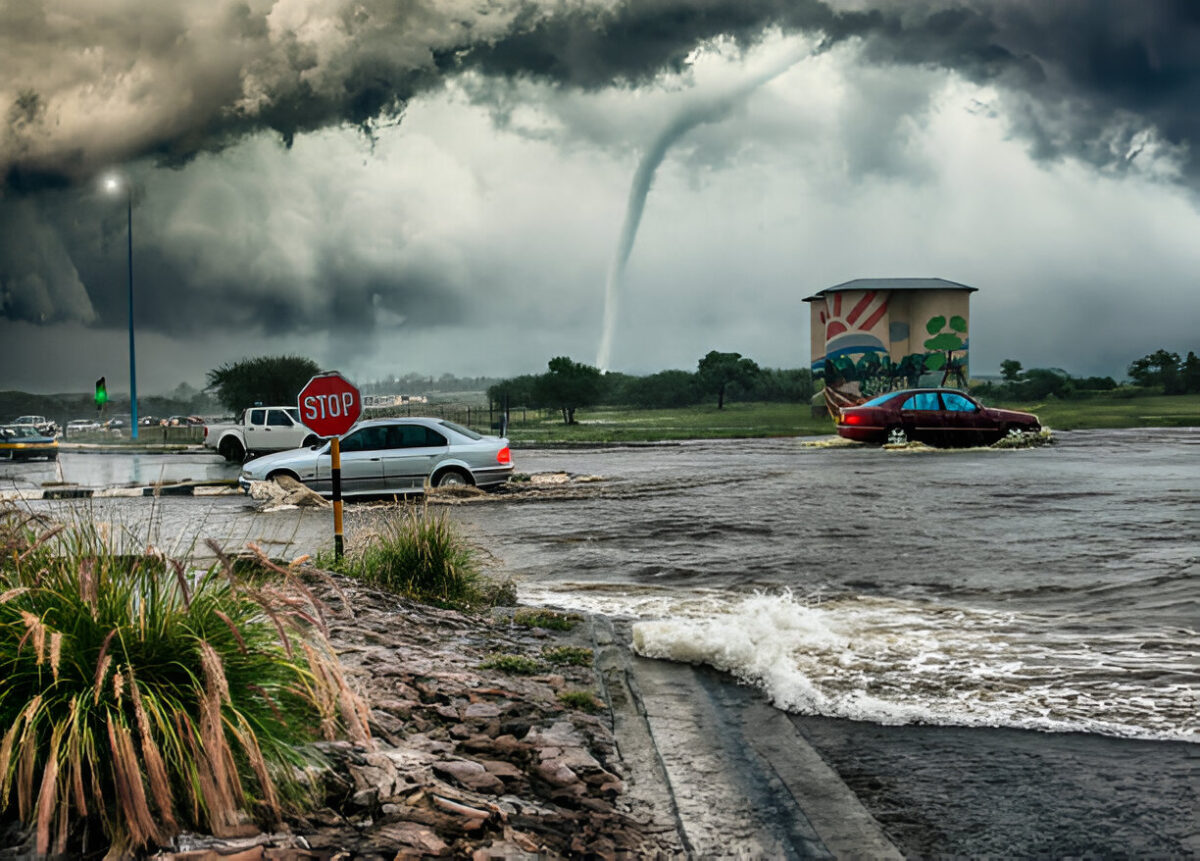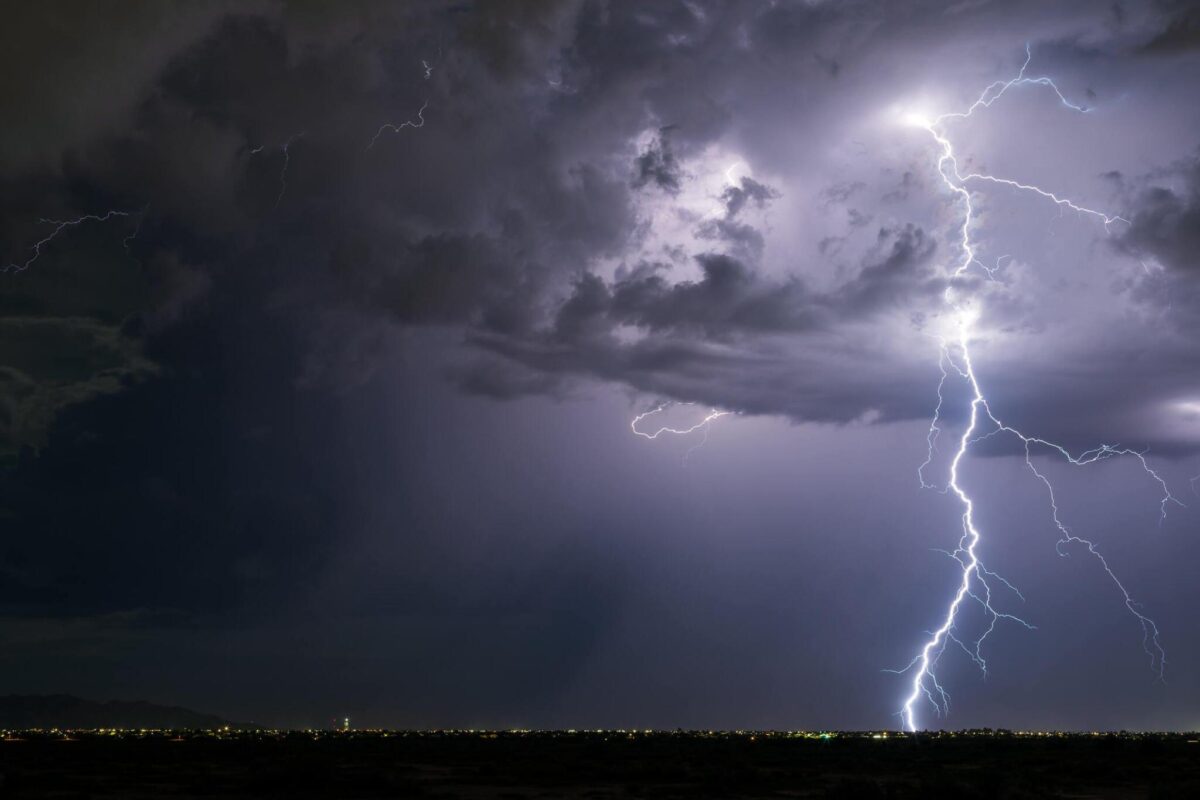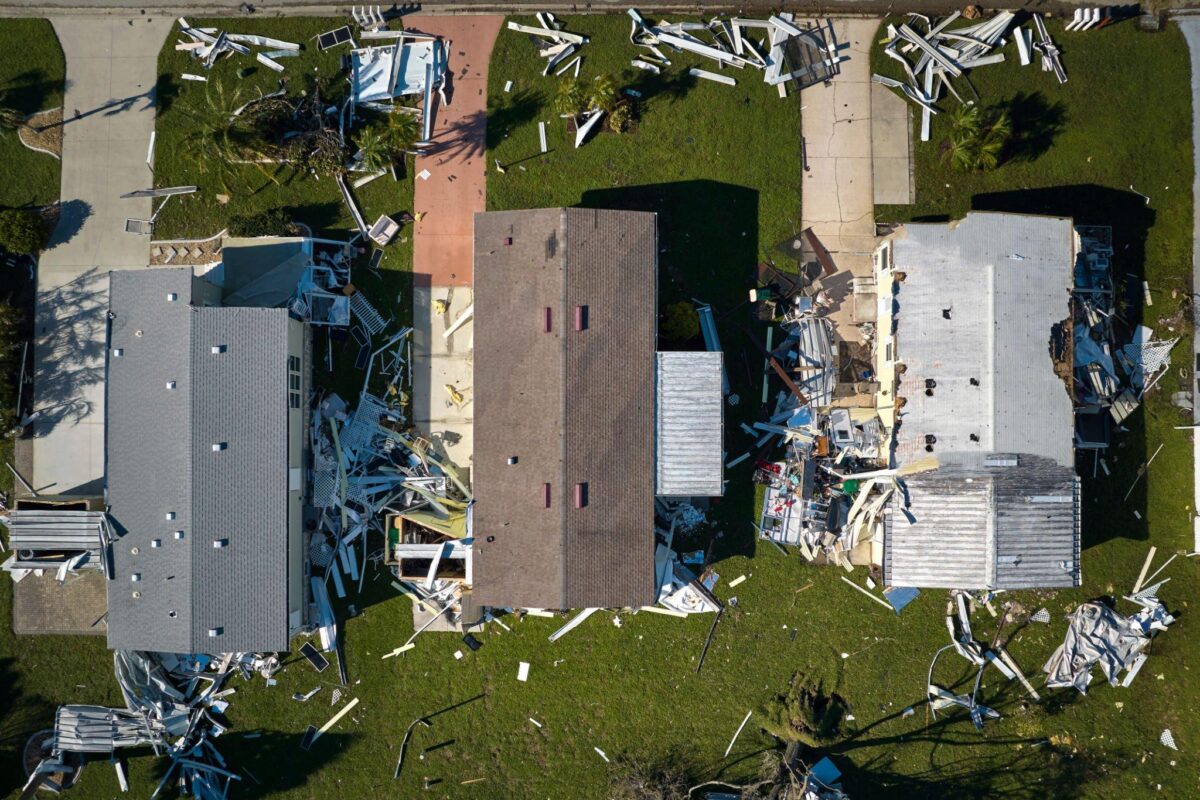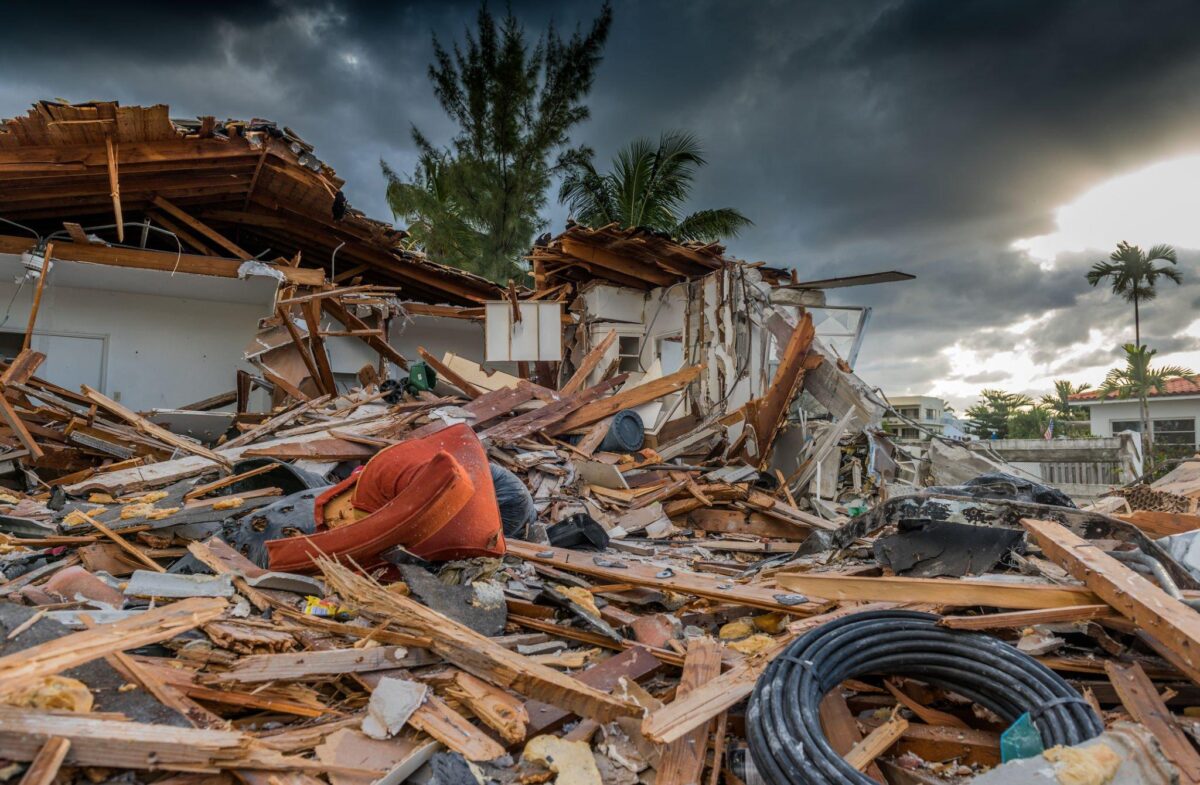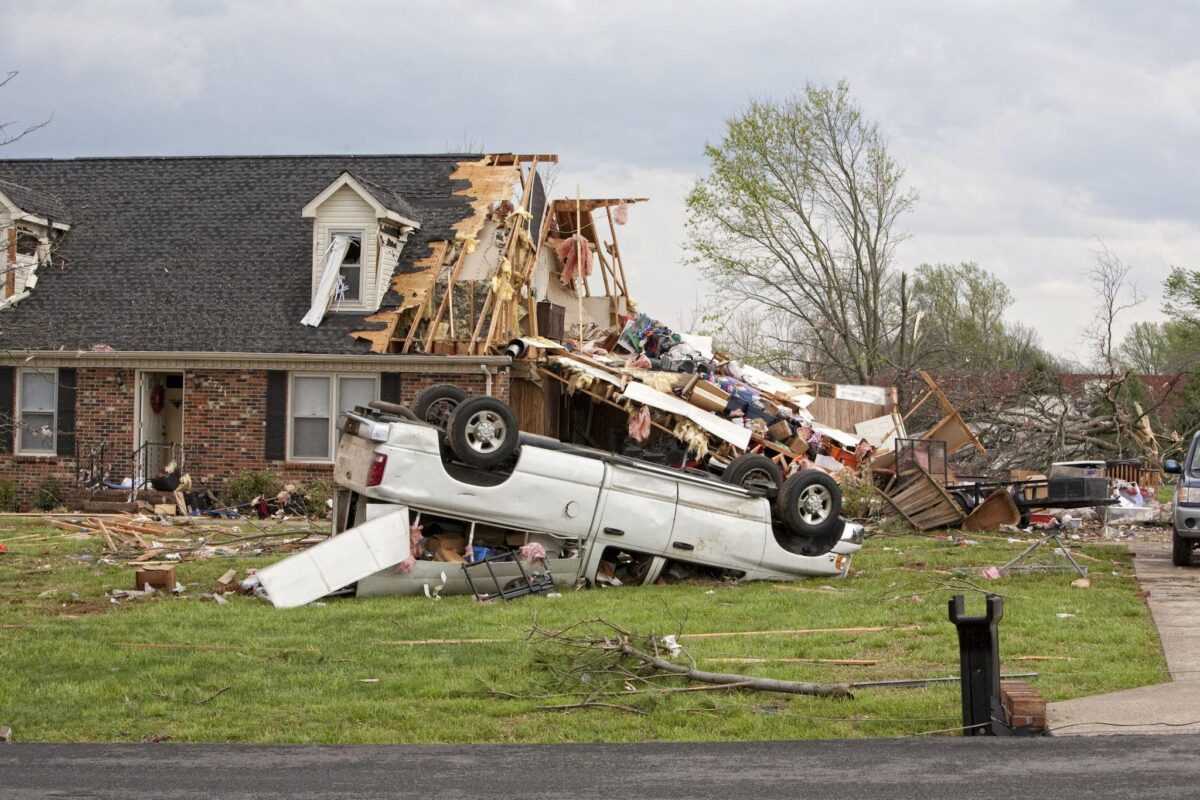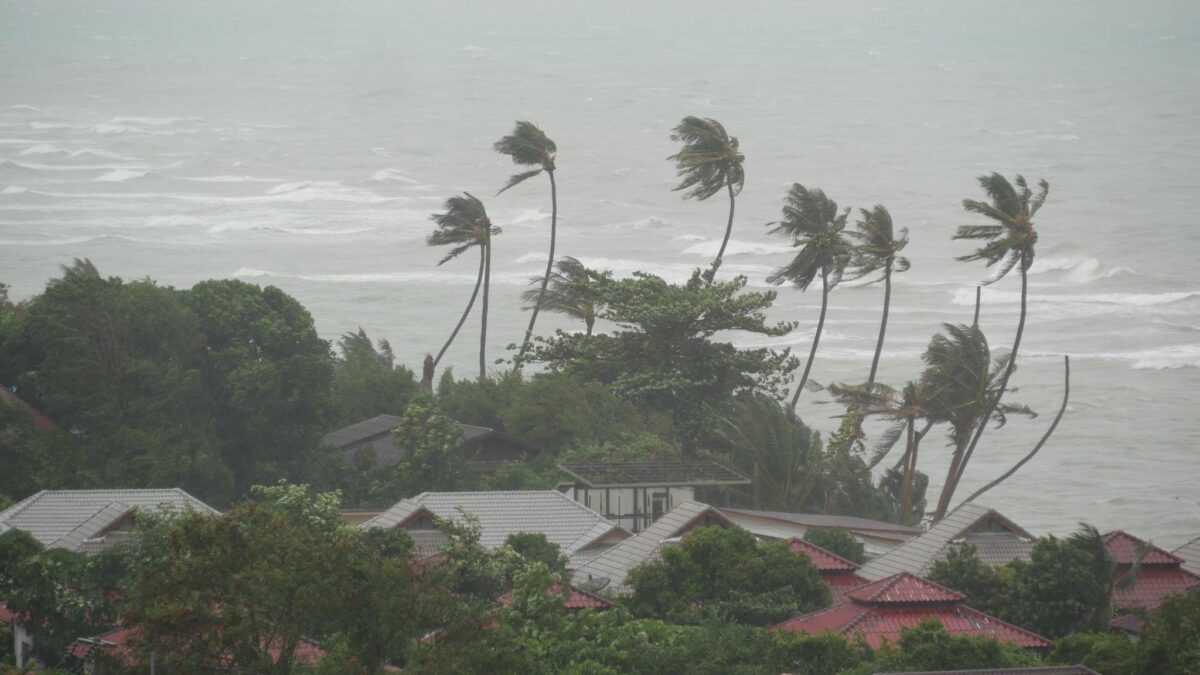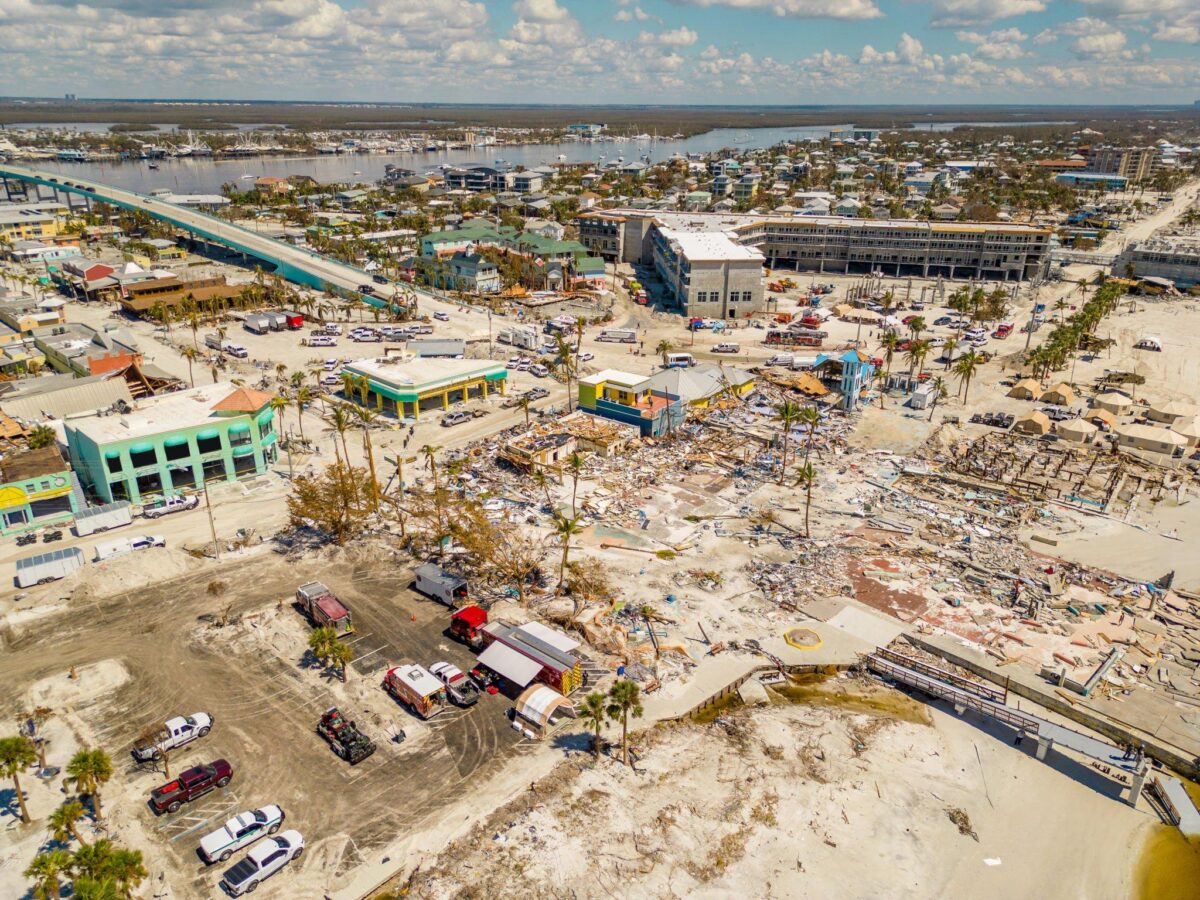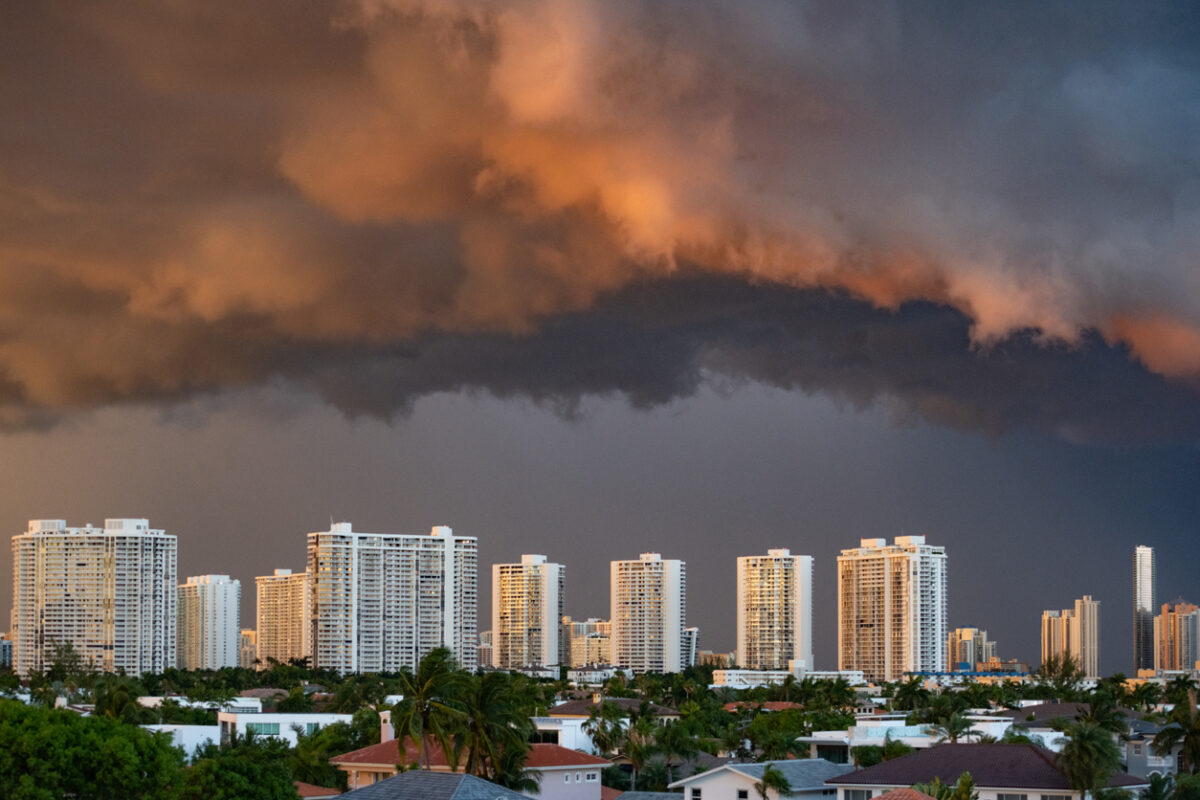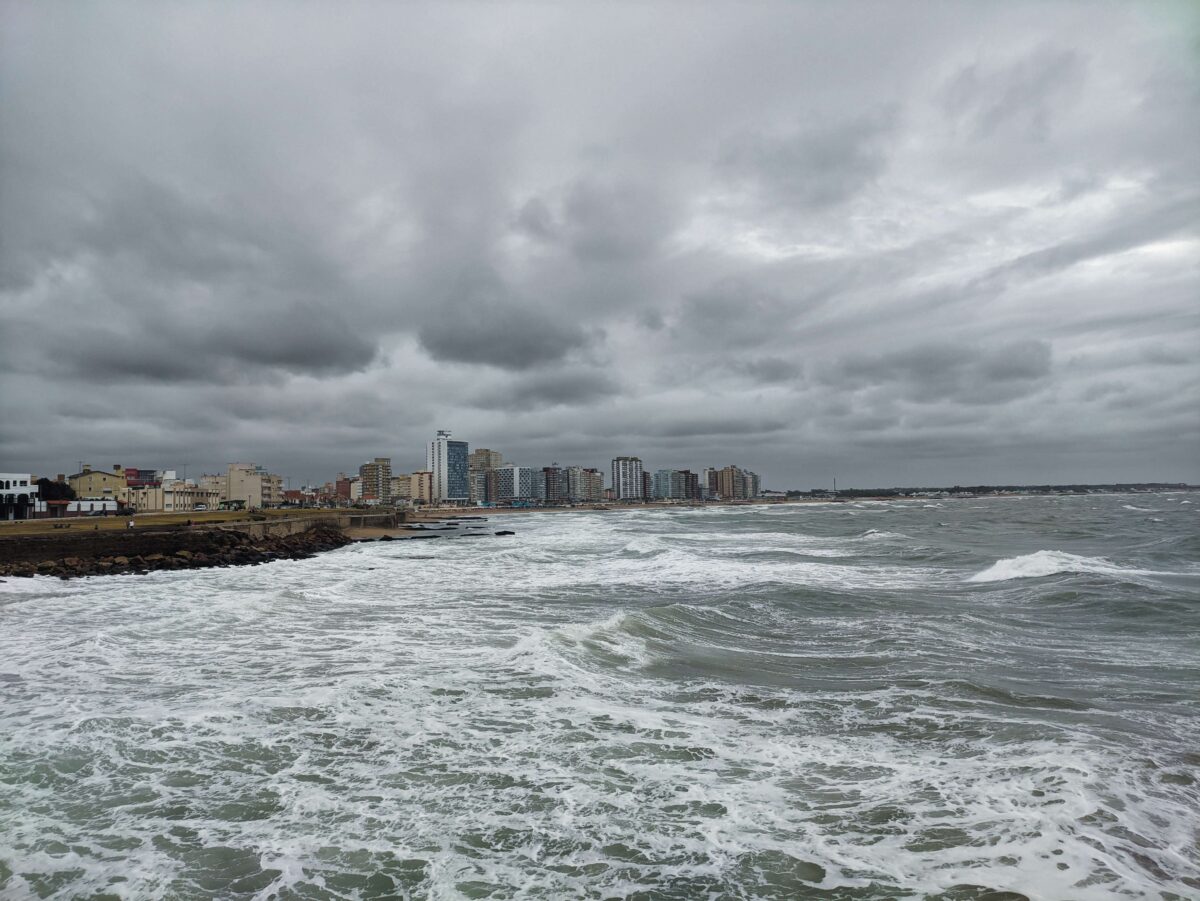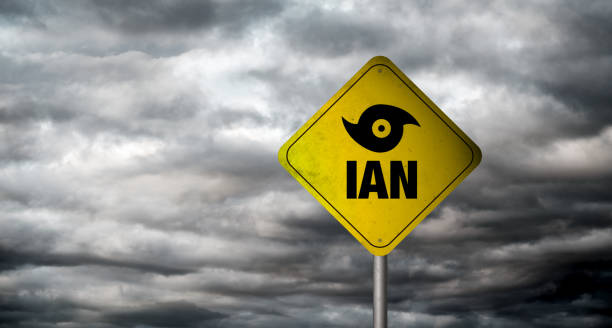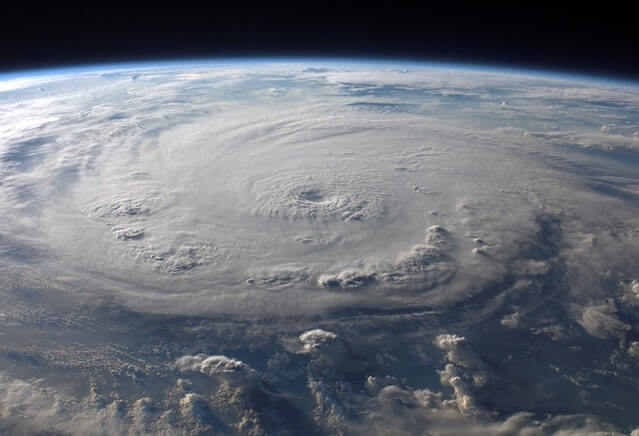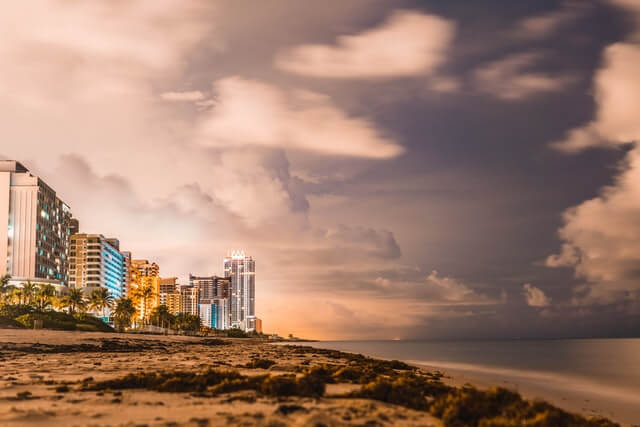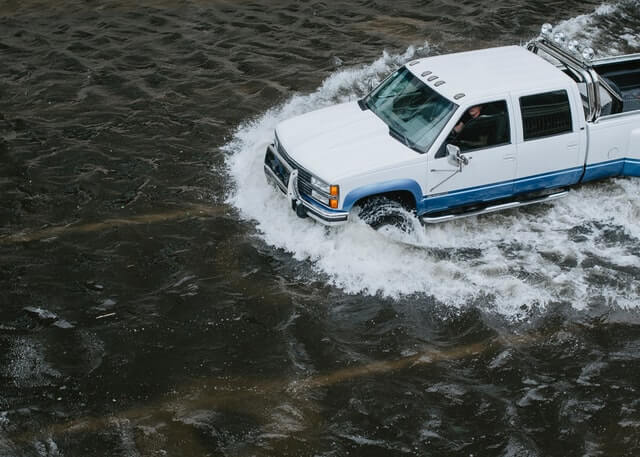The 2024 hurricane season was one for the record books. It brought destruction, record-breaking storms, and some stark lessons about preparedness and climate trends. For Floridians, who are no strangers to hurricane threats, this season was a chilling reminder that vigilance, preparation, and understanding our changing environment are more important than ever. The 2024 hurricane season produced 18 named storms, 11 hurricanes, and 5 major hurricanes, exceeding the historical average. It was a season marked by destruction and resilience. But what can we learn from it to better prepare for the future? In this blog, we’ll dive into the most important takeaways, explore the factors that fueled the season’s intensity, and discuss why these lessons are crucial for every Floridian. How Many Hurricanes Struck Florida in 2024? The 2024 hurricane season was not only active but also destructive. Florida experienced multiple direct impacts, with two major hurricanes making landfall and causing significant damage. The state endured high winds, catastrophic flooding, and widespread power outages. Thousands of residents were displaced, and communities from the Panhandle to the Keys are still recovering. In total, the season produced: 18 named storms. 11 hurricanes. 5 major hurricanes (Category 3 or higher). These numbers are …
Do I Need Flood Insurance? Here’s Why It’s a Good Idea
Floods are the most common and costly natural disaster in the United States. According to FEMA, just an inch of water can cause over $25,000 in damage to a home. That’s not a statistic most homeowners consider—but it’s a reality many face. Florida is especially prone to flooding, with its low-lying coastal areas and heavy rains. The good news? Flood insurance can offer critical financial protection. Whether you’re a homeowner or a renter, this type of coverage can save you thousands in repair costs and provide peace of mind. So, do I need flood insurance? The answer may surprise you. What are the Financial Risks Associated with Flooding? Floods cause far-reaching and often devastating damage. When floodwaters invade a property, they can destroy floors, walls, electrical systems, and personal belongings. Repairing this damage is no small task. Without flood insurance, homeowners and renters have to bear these repair costs alone, which can quickly add up to tens of thousands of dollars. To see how much a flood might cost you, FEMA offers a Flood Cost Tool to give you a personalized estimate. For example, if your home has 1,000 square feet of space and experiences a six-inch flood, you could …
Hurricane Milton: Hurricane Preparedness Checklist to Keep Your Family Safe
With Hurricane Milton being one of the fastest-growing hurricanes since Wilma in 2005, the need for preparedness was never more urgent. This Category 3 storm slammed Florida’s Gulf Coast with torrential rain and 120 mph winds, submerging and devastating whole neighborhoods. Tragically, 24 lives were lost, and entire communities were left grappling with the aftermath. As rescue teams pulled residents from flooded homes and assisted living facilities, the satellite images of flooded homes near Siesta Key and Tampa were a stark reminder: hurricanes are unpredictable and dangerous. The good news is that hurricane preparedness can significantly increase your family’s safety during such events. Taking the right precautions and knowing what steps to take before, during, and after the storm can save lives and protect property. Below is a hurricane preparedness checklist to help you get ready for future storms like Hurricane Milton. Keep your family safe by starting your preparations now! What is the Latest Update on Hurricane Milton? As Hurricane Milton made landfall near Siesta Key on October 9, 2024, it became one of the most damaging storms to hit Florida’s Gulf Coast in recent years. Residents in the Tampa area saw their homes submerged, with floodwaters creeping into …
Hurricane Idalia Update: 4 Takeaways from 2023
In the aftermath of the devastating Hurricane Idalia, which struck the Gulf Coast of the United States in 2023, communities grappled with the profound impacts left in its wake. As the dust settled and recovery efforts began, experts scrutinized the effects and lessons gleaned from this formidable storm. Here are four pivotal takeaways from the tumultuous passage of Hurricane Idalia. 4 Takeaways from Hurricane Idalia Storm surge was damaging Idalia’s landfall occurred in an area where natural barriers such as wetlands and forests typically offer some protection against storm surges. However, the storm’s powerful surge overwhelmed these defenses, flooding coastal towns across Taylor, Dixie, and Levy counties. Along the Steinhatchee River, water levels rose an astonishing 7 feet in just one hour, emphasizing the rapid and dangerous nature of the surge. Former NOAA scientist Jeff Masters highlighted the importance of timely evacuation, noting that waiting until the surge begins can be too late. Even areas like Tampa Bay, over 100 miles away from Idalia’s center, experienced significant surges, underscoring the region’s vulnerability. The devastating impact was evident in communities like St. Petersburg’s Shore Acres neighborhood, where nearly half the homes suffered damage from the inundation. Different causes led to deadly …
What Caused the Florida Home Insurance Crisis?
The picturesque beaches, vibrant cities, and sunny climate make Florida an appealing place to call home. However, beneath the surface of this paradise, a storm is brewing – a storm not of nature’s making, but one born out of a complex interplay of factors. The Florida Home Insurance Crisis has become a topic of concern, with homeowners grappling with skyrocketing premiums and insurance companies facing unprecedented challenges. In this blog post, we delve into the suggested causes of this crisis, ranging from the impacts of climate change to the controversial role of frivolous lawsuits and the issue of improperly denied or underpaid claims. Suggested Causes of the Florida Home Insurance Crisis Climate Change The undeniable influence of climate change has cast a long shadow over the insurance landscape in Florida. While the state’s insurance issues extend beyond floods and storms, the intensification of these natural disasters exacerbates an already challenging situation. Sea levels have risen, rendering coastal flooding more frequent and severe. The ominous specter of rain bombs, like the one that crippled Fort Lauderdale, looms larger with the increasing prevalence of extreme rainfall. Moreover, the nexus between climate change, extreme heat, and drought conditions amplifies the likelihood of more …
Filing Hurricane Idalia Insurance Claim? What to Know
Hurricane Idalia struck Florida with devastating force, leaving a trail of destruction in its wake. The aftermath of this natural disaster has prompted thousands of residents to file insurance claims for their damaged properties and belongings. As of now, estimated insured losses have surged to a staggering $230 million, according to the Florida Office of Insurance Regulation. In this blog post, we will guide you through the essential steps and considerations for filing a Hurricane Idalia insurance claim, ensuring that you receive the compensation you deserve. What to Know About Filing a Hurricane Idalia Insurance Claim The aftermath of Hurricane Idalia has underscored the critical role that insurance plays in helping individuals and businesses rebuild their lives. However, the process of filing a hurricane insurance claim can be complex and challenging. Here’s what you need to know to navigate this process effectively: Report Your Claim ASAP The first and most crucial step is to report your insurance claim immediately. Depending on the nature of the damage to your property, your claim may be covered by wind insurance, flood insurance, or both. It’s essential to understand your policy coverage and ensure you report all relevant damages promptly. Homeowner’s insurance policies typically …
Florida Hurricane Damage: Prepare for These 4 Common Types
When it comes to the state of Florida, the picturesque landscapes and sunny beaches often take center stage. However, amidst its natural beauty, Florida is also known for facing the wrath of hurricanes. These powerful storms can leave a trail of destruction in their wake, causing significant Florida hurricane damage to homes, infrastructure, and communities. In this article, we will delve into the four most common types of hurricane damage that Floridians should be prepared for: wind damage, flooding, storm surge, and tornado damage. 4 Types of Florida Hurricane Damage to Protect Against Wind Damage Florida is no stranger to windy days, especially during the summer months when a cool breeze provides respite from the heat. However, when a hurricane strikes, the wind intensity reaches an entirely different level. These powerful hurricane winds can uproot trees and transform everyday objects into dangerous projectiles. Protecting against wind damage involves securing loose items, such as patio furniture or garden equipment, trimming trees, and installing impact-resistant windows and doors to protect your home. Taking these precautions can significantly reduce the risk of wind-related destruction to your property. Flooding One of the most significant threats accompanying hurricanes is flooding. Prolonged rainfall during these storms …
Will 2023 Be an Active Hurricane Season? Here’s What to Expect
As we enter the mid part of 2023, many are curious about what lies ahead regarding weather and natural disasters. One pressing question on the minds of meteorologists, researchers, and individuals residing in hurricane-prone regions is, “Will 2023 be an active hurricane season?” The anticipation and concerns surrounding the upcoming hurricane season are rooted in the previous year’s experiences and the complex interplay of various atmospheric factors. In this blog, we will explore the predictions, factors influencing the season, and steps individuals can take to stay prepared. When Is Hurricane Season 2023? The 2023 Atlantic hurricane season is rapidly approaching, set to begin on June 1 and extend until November 30. However, this season comes with a heightened level of uncertainty, as experts have identified a developing El Niño and unusually warm conditions in the Atlantic Basin as influential factors. An analysis by Weather.com highlights the abnormal warmth observed in the Gulf of Mexico, off the Southeast U.S. coast, and in the eastern Atlantic during spring. In early April, forecasters kept a close eye on the potential formation of a tropical or subtropical storm in the area, but fortunately, it dissipated without significant impact. April tropical systems are infrequent, with …
Hurricane Ian Damage: Where Was It Worst and How Much Did It Cost?
When Hurricane Ian made landfall last September, its destructive force left a trail of devastation in its wake. After communities endured the impact of this powerful storm, the question on everyone’s mind was, “Where did Hurricane Ian do the most damage?” In this blog post, we will delve into the regions hardest hit by Hurricane Ian, examining the consequences of its landfall and the extent of the damage caused. From shattered structures to the upheaval of lives, the aftermath of Hurricane Ian serves as a stark reminder of the immense power nature can unleash. What Areas Were Damaged By Ian When It Hit Florida? As Hurricane Ian descended upon Florida’s shores, it brought a ferocity that wreaked havoc on the southwest coast. The cities of Sanibel, Cape Coral, and Fort Myers were at the epicenter of the storm’s wrath, bearing the brunt of its catastrophic force. Lee County, encompassing Cape Coral and Fort Myers, suffered immense devastation as floodwaters submerged the area. In the face of such destruction, the Coast Guard heroically conducted rescue operations to save those stranded on rooftops. During a press conference, Governor Ron DeSantis described the situation as “inundated and devastated,” a grim testament to the …
How Many Homes Were Destroyed by Hurricane Ian in Florida?
In September of last year, Hurricane Ian wreaked havoc on the southern United States, causing significant damage and loss of life. The storm was one of the costliest in US history, and it had a particularly devastating impact on Florida. In this blog, we will answer the question of how many homes were destroyed by Hurricane Ian in Florida and explore resources available for homeowners affected by the storm. What Category was Hurricane Ian? Last September, Hurricane Ian made landfall in southwest Florida as a powerful storm, wreaking havoc and causing over $112 billion in damage in the United States. According to the National Oceanic and Atmospheric Administration (NOAA), Ian briefly reached maximum Category 5 status with winds estimated at 161 mph (259 kph) on September 28, making it one of the most powerful tropical cyclones on record. However, after passing by the Dry Tortugas islands, Ian weakened to a Category 4 storm, with winds of 150 mph (241 kph), before hitting Florida later that day. Although it was downgraded to Category 4, Ian’s impact was still incredibly devastating. It caused over 150 deaths directly or indirectly and was declared the costliest hurricane in Florida’s history and the third-costliest hurricane …
When Does Hurricane Season End?
The Florida hurricane season is a six-month period from June 1st to November 30th of each year. The peak of the season is mid-August through late October. During this time, there is an increased chance for tropical storms and hurricanes to form in the Atlantic and Caribbean Sea and then move toward Florida. Find out when does hurricane season end and what to do after it! What Contributes To The Formation Of Hurricanes During The Season? The first is the warm ocean water temperatures. These waters need at least 80 degrees Fahrenheit for a hurricane to form. The second ingredient is moist air. This air rises and condenses into thunderstorms which can turn into hurricanes. Lastly, there needs to be low wind shear. This is when the upper-level winds are at different speeds or directions than the lower-level winds. If wind shear is too high, it can prevent thunderstorms from organizing into a hurricane. During the hurricane season, it is important to be prepared. This means having a plan in place in case of evacuations, stocking up on supplies, and knowing your insurance coverage. It is also important to stay informed by following the National Hurricane Center and local news …
Why Insurance Companies Will Underpay Hurricane Ian Victims
Why will insurance companies underpay hurricane Ian victims? With Hurricane Ian ripping through Florida, there are huge consequences for real estate. One week after Hurricane Ian struck, tens of thousands of Floridians have property damage and are turning to their insurance companies hoping they’ll pay up. Hurricane Ian has left a trail of destruction in its wake after it made its way across Florida. In the aftermath, there’s been a lot of talk about how insurance companies are unfair to hurricane victims. We’ll explore what’s going on and why this is happening in this article! What is Hurricane Insurance? Hurricane insurance is a type of insurance that protects homeowners and businesses from damages caused by hurricanes. FEMA will only cover damage to the first 3 feet of your property if you have a total loss due to Hurricane Ian. After that, you’ll need to seek coverage from your hurricane insurance. What is Concurrent Causation? Concurrent causation is a mechanism used in insurance claims to handle losses that arise from more than one cause. For instance, Hurricane Ian caused both wind damage and storm surge. Depending on the circumstances and the policy, damages from both causes may be covered even if …
Hurricane Preparedness for Pets: 5 Things to Do Before the Next Storm
Watch out; a hurricane is coming for your pets! What is hurricane preparedness for pets? Hurricanes are terrifying–there’s nothing that makes the hair on the back of your neck stand up like seeing the news reporting the path of a hurricane coming straight for us. So keeping your pet carrier ready to go when needed can provide some peace of mind even if you’re just on standby during a storm. Whether you have farm animals or small, cuddly furballs at home, it’s always a good idea to make sure you have backup plans for when storms are at their worst. We’ve compiled a list of our favorite hurricane prep tips for you and your furry friends! What Is Hurricane Preparedness For Pets? If you’re like most pet owners, you probably think of your furry friend as your best friend. But what if a hurricane hits your area? That’s why hurricane preparedness for pets is imperative for your pets and yourself. Whether you plan on boarding your pet or taking them where you go, ensure that they are safe and in the care of someone reputable. There are limited options for shelters that allow animals during natural disasters, so ensure your …
How Long Does a Home Insurance Claim Take in Florida?
How long does a home insurance claim take in Florida? When you file a homeowners insurance claim in the Sunshine State, you might expect immediate relief. Here’s why that’s a mistake. While it is practically impossible to pinpoint how long an insurance claim will take to pay out, there are a few milestones you can rely on to get an idea about what to expect. It can take days, weeks, or even months—sometimes even years—before you see a single cent from your insurance provider. It all depends on the circumstances surrounding your claim. Here are some things to keep in mind as you wait for the insurance company to cut you a check. How long does a home insurance claim take in Florida? In Florida, insurance companies have 90 days to notify you whether they have accepted or denied your claim. If your insurance provider approves your claim, the Florida Statues state that they must pay you within 20 days of their decision. If they do not pay your approved claim within this timeframe, the payout will accrue an interest rate of 12% per year. The larger the claim, the more likely your provider is to use the whole …
When Is Hurricane Season in Florida? Your 2022 Guide
When is hurricane season in Florida? Learn everything you need to know about it in this article. You have to deal with hurricanes and tropical storms when you live in Florida, especially in the coastal areas. Florida is plagued by hurricanes every year. The same holds true wherever you live in Florida, whether you live in Miami, the Florida panhandle, Jacksonville, southwest Florida, or anywhere else. However, do you know when hurricane season begins in Florida? Usually, the hurricane season in Florida starts around mid-summer and lasts until October. It is estimated that the Sunshine State will be most likely to be hit by a landfall hurricane in September. History of hurricanes and their frequency Hurricanes and severe weather have a long history in Florida. The state is frequently affected by extreme weather events. However, how frequent are they? According to Universal Property, there have been 120 hurricanes recorded in the form of Florida since 1851. What is the frequency of hurricanes in Florida? According to Best Places, tropical storms and hurricanes affect Florida approximately every three years. Therefore, it is essential to be aware of when hurricane season occurs each year if you live somewhere where it happens. …
How to Identify Roof Wind Damage and Get Your Claim Settled
Worried that your roof might have been damaged by high winds? In this article, we break down how to identify roof wind damage so you can start the claim process. The next time you are outside, take a look at your roof. Do you notice anything…off? Do the shingles look worn? Does anything seem to be missing? Some indications that high winds have damaged your roof are easy to spot—you may even be able to see them from the street. Others may require a closer inspection. Either way, it’s critical to know how to identify roof wind damage to prevent serious issues like leaking ceilings and mold. If you are even slightly concerned about the state of your roof, these tips will help you identify problems so you can notify your insurance. When to Look for Roof Wind Damage When winds reach 45 mph or higher in your area, you should take some steps to ensure that your roof is still in good shape. At this speed, dead tree limbs can fall onto your roof and damage the shingles. At higher speeds, the wind can even rip shingles completely off their nails. Wind speeds of 75 mph and higher are …
Commercial Property Insurance in Florida: What to Know about Hurricane Coverage
Now more than ever, as businesses start to reopen, commercial property insurance in Florida needs to include hurricane coverage. Here’s what you should know about this essential coverage. Some businesses did not survive the pandemic. For those owners who made it through, a question—did you sacrifice to keep your doors open just to have to close after the next big hurricane? If you don’t have commercial hurricane coverage, that is likely to happen. Read on to learn more about what this type of coverage is for and who should have it. Commercial Property Insurance: Florida Excludes Some Damages One of the first things to understand about hurricane coverage is that it pays for many damages that are excluded from commercial insurance policies. Depending on your policy, your commercial property insurance might not cover some of the events that happen during a hurricane. For instance, many standard policies cover events such as fire, theft, vandalism, and windstorms. Hurricanes are typically excluded from standard policies. Building Owners and Renters Can Benefit Whether you own a commercial building or rent space for your business, you should consider adding hurricane coverage to your commercial property insurance in Florida. Not only does this coverage pay …
Preventing Hurricane Injuries Is Possible When You Have the Facts
During a hurricane, injuries can happen to anyone—but if you are ill-prepared, you carry a bigger risk. This article discusses how you can prevent hurricane injuries during the next storm. It is not a matter of if but a matter of when the next big hurricane will hit South Florida. Here in Miami, we like to think that we are always prepared, but are we really? After all, anything can happen during a storm, and it can happen to anyone. You might think that it’s not possible to prevent an accident from happening—to an extent that is true. But you can drastically reduce your chances of getting hurt by taking a few simple actions before and during a hurricane. How to Prevent Hurricane Injuries during the Next Storm Put a Plan in Place Every family needs to have a plan in place before another hurricane hits. From planning your evacuation route to stocking up on essential supplies in case you need to shelter in place, preparing for several eventualities may help you avoid becoming frantic. When you are calm and know what to do in a stressful situation, you are less likely to hurt yourself. Power Down If you are …
- Page 1 of 2
- 1
- 2

